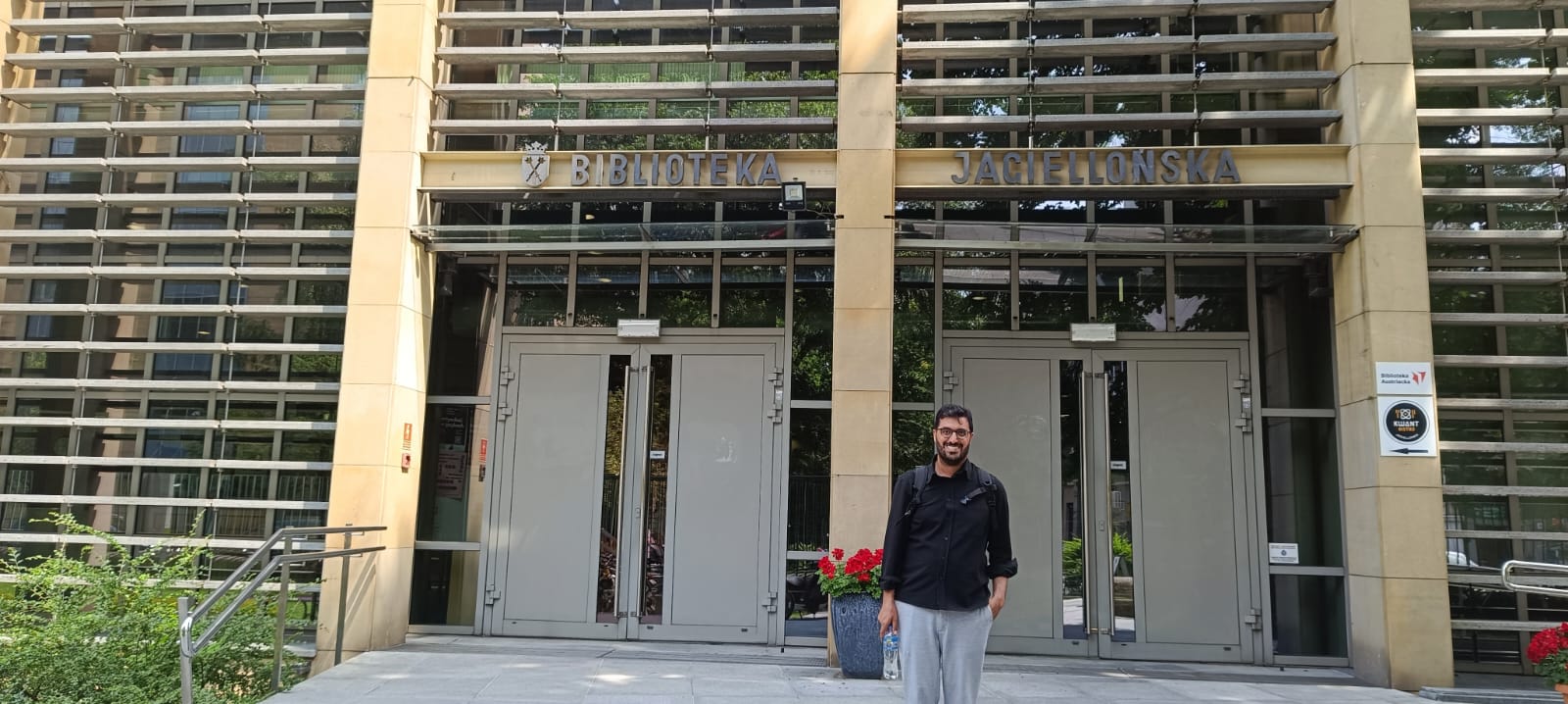Dr. Önder Çakırtaş, Associate Professor, Bingöl University
In June 2025, I carried out a Short-Term Scientific Mission (STSM) as part of the COST Action “Print Culture and Public Spheres in Central Europe, 1500–1800.” My research project, The Circulation of Shakespeare in Central Europe through Print Materials, explored how print shaped Shakespeare’s early reception in Poland and became a medium of cultural discourse during times of political repression.
Mapping Shakespeare’s Polish Print Legacy
My STSM took me to key institutions in Kraków, Warsaw, and Poznań. At the Jagiellonian University Library, I accessed Wiktor Hahn’s Shakespeare w Polsce (1958)—a still-unmatched bibliography documenting Polish translations, adaptations, and studies of Shakespeare from the early modern period onwards. This work, though published in the 20th century, remains crucial for tracing Shakespeare’s presence in Central European print culture.
In Poznań, I met with Prof. Katarzyna Burzyńska (AMU), who shared valuable resources
including:
– Jerzy Limon’s Gentlemen of a Company, revealing how English actors (and Shakespearean plays) reached Central Europe via print and performance.
– A special issue of Polish-Anglo Saxon Studies focused on Shakespeare’s impact on Polish literary and theatrical traditions.
The research trip also sparked new scholarly collaborations. Both Prof. Burzyńska and Prof. Jacek Fabiszak have since joined the COST Action network, strengthening our international scope.
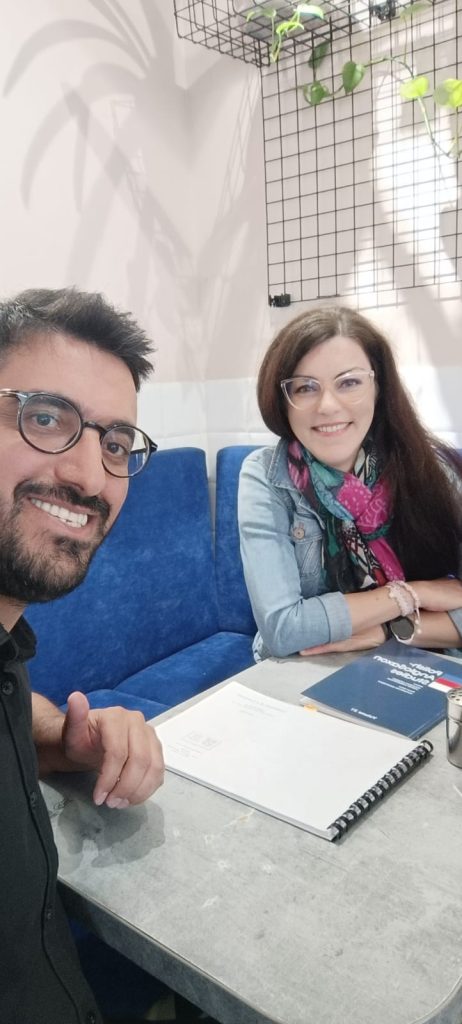
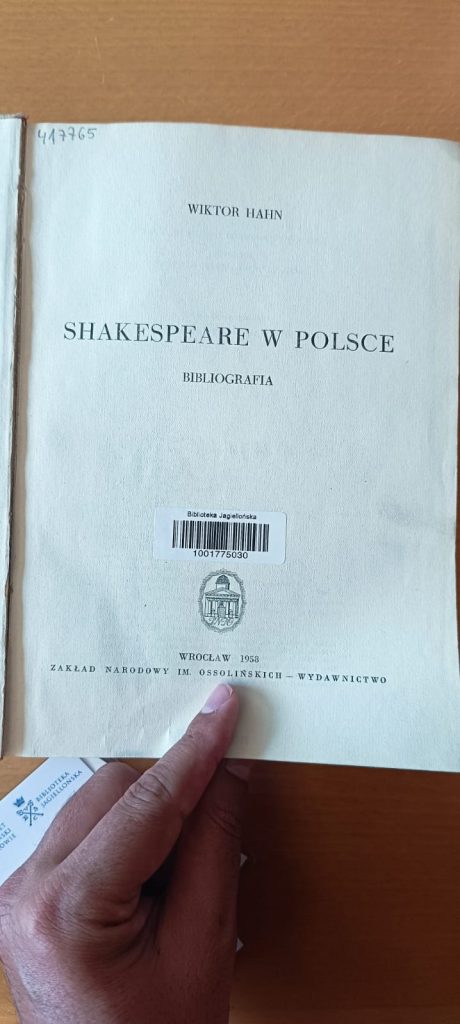
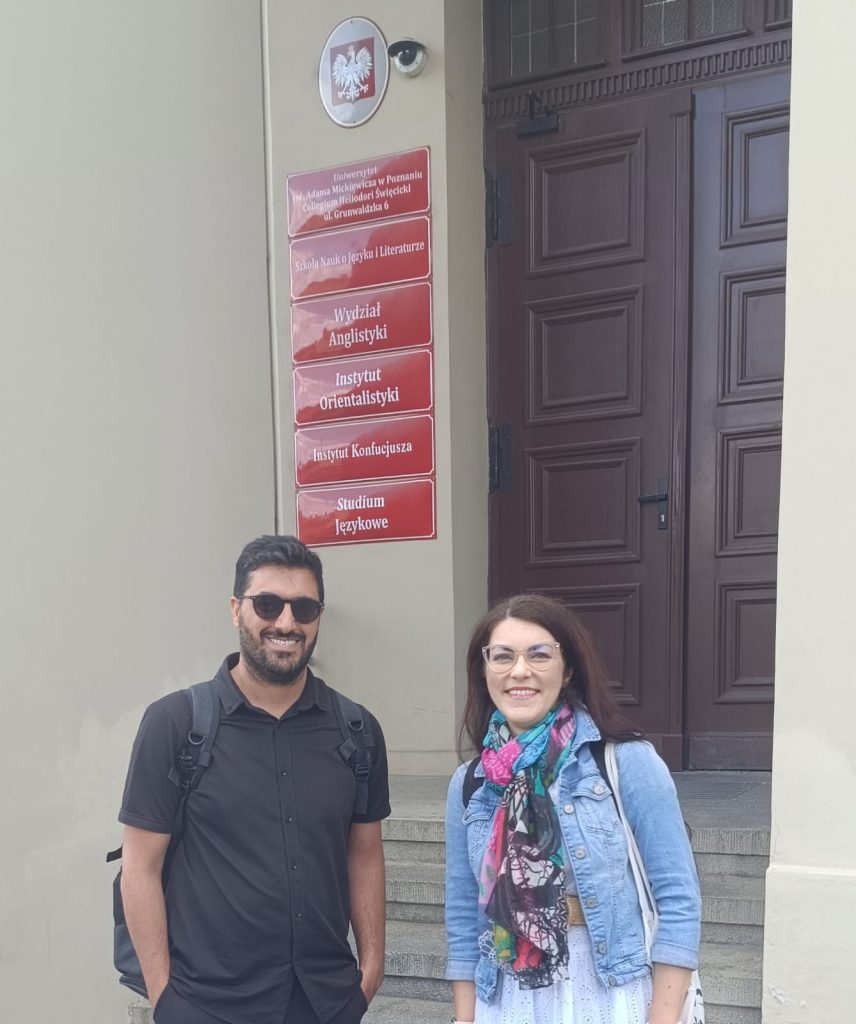
Print as Political Voice
The project shed light on how Shakespearean print culture in Poland served as more than a literary phenomenon—it was also a vehicle for political reflection. During partitions and censorship, Shakespeare’s works were often banned from Polish stages for being too politically “charged.” Yet thanks to print, his texts continued to circulate in private libraries and scholarly circles, subtly encoding messages of resistance, justice, and sovereignty.
For example, Romantic poets like Adam Mickiewicz (1798-1855) saw in Shakespeare a mirror for Polish national struggles. Later, theatre audiences—steeped in Shakespeare’s themes through print—could read subversive meanings in stage productions, interpreting Hamlet’s dilemmas or Macbeth’s tyranny through the lens of their own political condition.
Contributions to COST CA23137
This STSM contributed to CA23137’s mission in key ways:
– It identified essential bibliographic sources for early Shakespeare reception in Central Europe.
– It demonstrated how print culture shaped political discourse and cultural memory under repression.
– It fostered international collaboration and expanded our scholarly network.
– It laid the groundwork for a co-authored publication with Polish colleagues, integrating bibliographic data and archival insights.
Shakespeare in Poland was never just a symbol of high culture—he was an encoded voice for the voiceless. This project underscores how print culture functioned as a vital arena for public expression, identity formation, and historical continuity in early modern Central Europe.
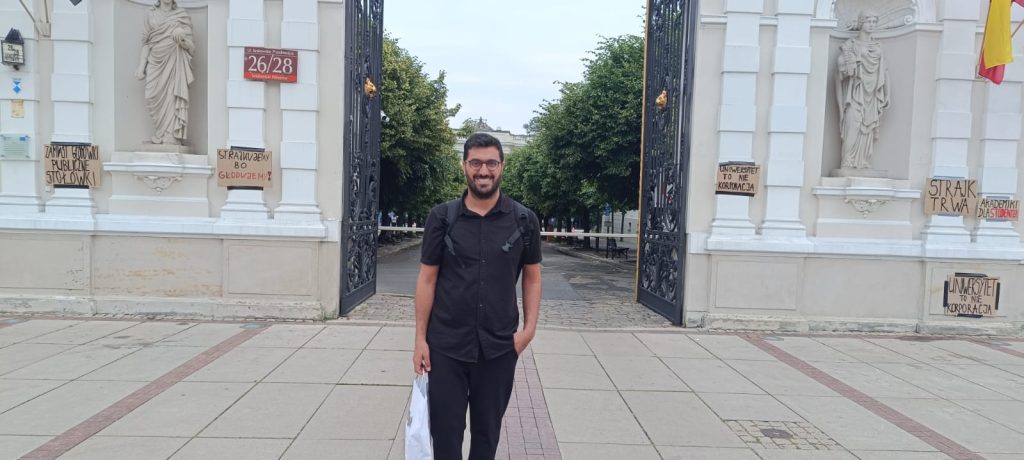
With sincere thanks to COST Action CA23137, and to my Polish colleagues for their generous support and expertise.





